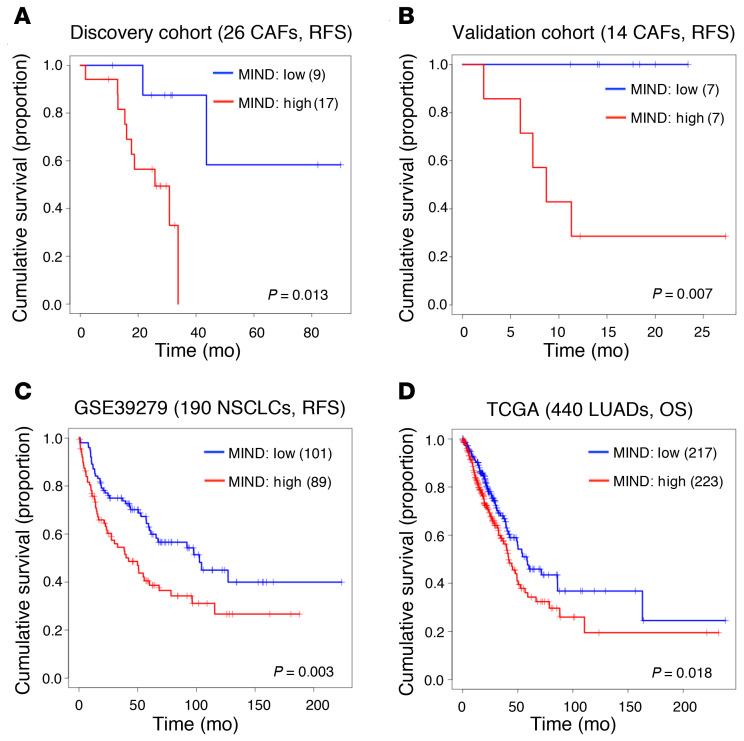Figure 5. Prognostic significance of the smoking-associated DNA methylation signature.
(A) Kaplan-Meier analysis for relapse-free survival (RFS) prediction by MIND in the 26 CAF samples. Patients were stratified by the MINDhigh and MINDlow groups without reliance on survival data (P = 0.013, log-rank test). (B) Significance of MIND in recurrence prediction in the validation cohort of 14 CAF samples (P = 0.007, log-rank test). Patients were stratified into the MINDhigh and MINDlow groups using the median as cutoff. (C and D) Significance of MIND for its prognostic power by applying to DNA methylation profiling of tumor samples from 2 independent cohorts, GSE39279 and TCGA-LUAD. (C) The 431 NCSLC patients in GSE39279 were split evenly into the MINDhigh and MINDlow groups using the median as cutoff. After removing 241 patients with missing survival data, the log-rank test was performed on the remaining 190 patients (P = 0.003). (D) The 449 patients in the TCGA-LUAD cohort were split evenly into the MINDhigh and MINDlow groups using the median as cutoff. After removing 9 patients with missing survival data, the log-rank test was performed on the remaining 440 patients (P = 0.018). OS, overall survival.

